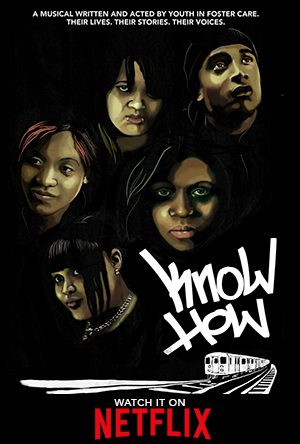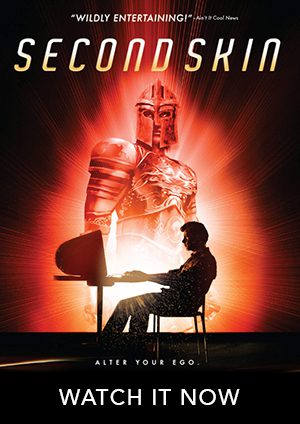I’m sure most of you have read The Tipping Point or Blink, arguably the Harry Potter series for the over-twenty set. I started my Gladwellian voyage years ago with Blink, which was devoured mostly on a subway, and a few months later inhaled Tipping Point, mostly overlooking the Harlem Meer.
Both books delighted with their intellectual-beach-read ease and showmanship, and the once-every-ten-pages ‘by golly’ that caused the world to fall in love with Malcolm G. Oh can the man theorize…
This one is no different in style, but Gladwell finally decided to use his super-analytical-powers for good. Outliers is meant to change the world. And I want to do my tiny part by urging you all to read it and pass it along. This book is critically important, and I almost wish it had been published decades ago. It will doubtlessly spend a few months basking at #1 on the NY Times Bestseller chart, but I hope the book actually instigates the change it wants to spark.
(more after the jump)
What is Outliers? I would argue that it’s Guns, Germs and Steel magnified to look at the individual, rather than societies. In it Gladwell is arguing that success is not about talent as much as opportunity and hard work. He studies Canadian Junior Hockey teams, which seem to provide a meritocratic system of finding talent, and points to the fact that almost every player is born in January or February. He dissects Bill Gates and the Beatles to show that both had an absurd amount of lucky breaks which allowed them the 10,000 hours it takes to master something (be it software or music) before most other people. We journey into NYC to follow generations of depression-era lawyers, Gladwell pointing to the fact that the most successful lawyers were all born in the same five year span. Also, on a list of all-time-wealth, 20 out of the 75 richest people in history were born in the same seven year period.
These are not coincidences. Success isn’t primarily about talent. It’s about opportunity.
Gladwell’s tales are as amazing as ever, making you wonder how you haven’t heard these stories before. But this time it has a point- it isn’t all about unveiling his grand theory- it’s about using this theory to change public policy.
He illustrates the widening gyre between the rich and poor in education, and argues effectively that it’s due to the length of summer break. He shows why the Chinese tend to be such hard workers, and how that absolutely explains their talent for math. Again, not cultural talent- drive, determination and hard work.
He concludes with an anecdote about a miraculous public school in the Bronx. Though the students are chosen by lottery (not tested) and 90% can’t afford lunch, a full 80% make it to college- a figure that is absolutely absurd given the neighborhood. How does the school do it? The school day goes from 7am-5pm SIX DAYS A WEEK.
I don’t want to give any more away. But I really do urge you to find this book and take it in. It’s enough to change your perspective, and maybe motivate you to do something about it. Plus, it’s Malcolm Gladwell, who laces his words with crack rock. It’s an easy, quick, frightfully addicting read.






I’m alllll over it! Dude is a friggin genius!
I’m alllll over it! Dude is a friggin genius!
I’m half way through the book and loving every single minute of it. Sersiously, each page blows my mind, one fact at a time… such an interesting book.
This book has changed my life, and I have only touched the cover.
My review of Malcolm Gladwell’s books (which I’ve never read) is that they are amazing, because he always puts something unneccessarily 3D on the cover. With Tipping Point it was the matchstick. With Outliers, it’s the title… so you can tell he’s REALLY PROUD of this one.
This book has changed my life, and I have only touched the cover.
My review of Malcolm Gladwell’s books (which I’ve never read) is that they are amazing, because he always puts something unneccessarily 3D on the cover. With Tipping Point it was the matchstick. With Outliers, it’s the title… so you can tell he’s REALLY PROUD of this one.
I am not teaching on Saturdays.
But which is it ultimately — opportunity or hard work?
I am not teaching on Saturdays.
But which is it ultimately — opportunity or hard work?